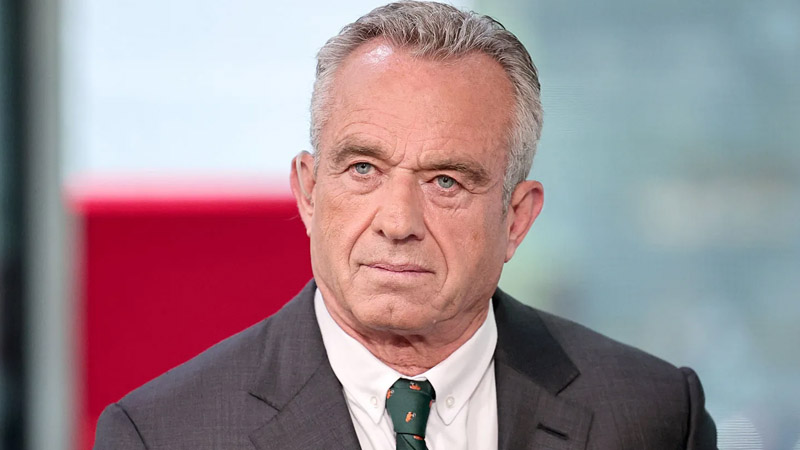With Robert F. Kennedy Jr. exiting the presidential race, Center for Economic and Policy Research senior adviser Justin Talbot Zorn has offered strategic advice for Vice President Kamala Harris and the Democratic Party on how to win over the late candidate’s supporters. As reported by The Hill, Harris is currently outperforming President Joe Biden’s lead over Donald Trump, but experts like Zorn caution that the 2024 Democratic nominee should not become complacent.
Zorn highlights the appeal Kennedy had among environmentally conscious voters, noting Kennedy’s call for a “realignment” of environmental politics. Kennedy had publicly criticized the Democratic Party for what he described as “divisive” climate policies and promoted an environmental agenda he believed could “unite the nation.”
“It’s easy enough for Democrats to laugh off Kennedy’s comments,” Zorn observes. “Instead, they should make a serious play for his voters.” Zorn’s recommendation for Harris and the Democrats is straightforward: “Tell the truth.” He argues that they should “drive home the message that Trump is the candidate of toxic chemicals.”
In an op-ed published by MSNBC Thursday, Zorn writes:
While Kennedy’s support fell to roughly 5% in three-way matchups nationally after Vice President Kamala Harris entered the race, there was widespread evidence that the third-party candidate was pulling more from Harris than from Trump. Although it’s hard to forecast whether Kennedy will be able to persuade his supporters to vote for the Republican, even a single percentage point could be decisive in an election as close as this one. Look at Florida in 2000. Or any of the ‘blue wall’ states in 2016.
This, he suggests, is a critical point to emphasize, given that Trump has tried to distance himself from the Project 2025 blueprint—a conservative policy framework aimed at dismantling environmental regulations. Zorn reminds us that “the key environmental plans in the document were written by Trump appointees and match with his own promises to gut the ‘administrative state.'”
But there’s one problem with Kennedy’s vision for an environmental realignment: It rests on the electoral vehicle of Trump, who as president appointed profiteers from the plastics industry and Big Agriculture to key roles responsible for food and water safety, gave lobbyists from chemical companies a wish list of concessions, appointed Supreme Court justices who gutted government authority to regulate toxic substances, and now promises to cut government watchdogs and remove ‘forever chemicals‘ like PFAS from hazardous substance lists. And that’s to say nothing of his legacy on climate.
In order to successfully court Kennedy’s environmentally focused supporters, Zorn believes Harris and the Democrats must propose a proactive environmental agenda. He suggests that Harris should take the lead by unveiling “a more comprehensive plan to counter PFAS and forever chemicals in the food system and supply chains,” as these issues resonate with voters concerned about the long-term health of the environment.
By addressing these concerns and positioning themselves as the party with a strong environmental vision, Zorn argues that Harris and the Democrats can attract disillusioned Kennedy supporters and secure a broader base heading into the 2024 election.

